The future of Brazilian cotton growing is with biological solutions
Brazilian cotton |
The future of Brazilian cotton growing involves the increasing use of nature itself to defend against and combat cotton pests and diseases. As a country with a tropical climate and large-scale production areas, Brazil has been widening its adoption of biological solutions year after year. The main consequence of this is crops grown using less chemicals.
Biological solutions use insects, natural parasites and microorganisms (such as fungi, viruses and bacteria) to combat diseases and pests that attack the crops. It is a rational management practice because it reduces cost of purchasing chemicals and promotes biodiversity on the farmland. Furthermore, it poses no risk to human health.
“Our weather conditions favor the emergence of pests and diseases which require chemical control. But our focus is to only use the amount of chemicals that is strictly necessary”, says the president of the Brazilian Cotton Growers Association (Abrapa), Júlio Cézar Busato.
This is why the number of producers investing in on-farm production of biological crop protection has increased, as has the funding of projects and partnerships with research centers for the same purpose. The Brazilian Agricultural Research Corporation (Embrapa) estimates that 23 million hectares used for growing soybean, cotton and sugar cane in Brazil have already implemented biological solutions on a routine basis.
Biological solutions and Responsible Brazilian Cotton
One thing that clearly demonstrates Brazilian interest in biological management is the mass adhesion of Brazilian cotton growers to Abrapa´s Responsible Brazilian Cotton (ABR). Currently, 84% of Brazilian production has socio-environmental certification. One of the basic requirements for this certification is to prove that the audited farms apply integrated pest management (IPM).
The positive results go in both directions. The producer becomes more efficient in controlling the dosage, frequency and application of pesticides, using “the strictly necessary” rule, as Mr. Busato stresses, and widens the approach of applying natural defense practices in the fields. “This brings the additional advantage of significantly improving biodiversity on the farms and, consequently, improving soil health”, he added.
This topic was addressed by Abrapa’s president in a panel debate called “Disruptors: Breakthrough Approaches” at the Better Cotton Conference, held on June 22-23 in Malmö, Sweden. Hosted by BCI, this event returned to its on-site format this year and held discussions with all segments of the global cotton production chain on how to deal with current climate challenges.
BCI is a non-profit organization set up in 2005 to promote responsible and sustainable practices in cotton farming around the world. Its main initiative is the Better Cotton global certification which identifies cotton produced in accordance with responsible practices. Brazil is currently the world’s largest producer of Better Cotton, having supplied 42% of all global Better cotton in the 2020/21 season.
